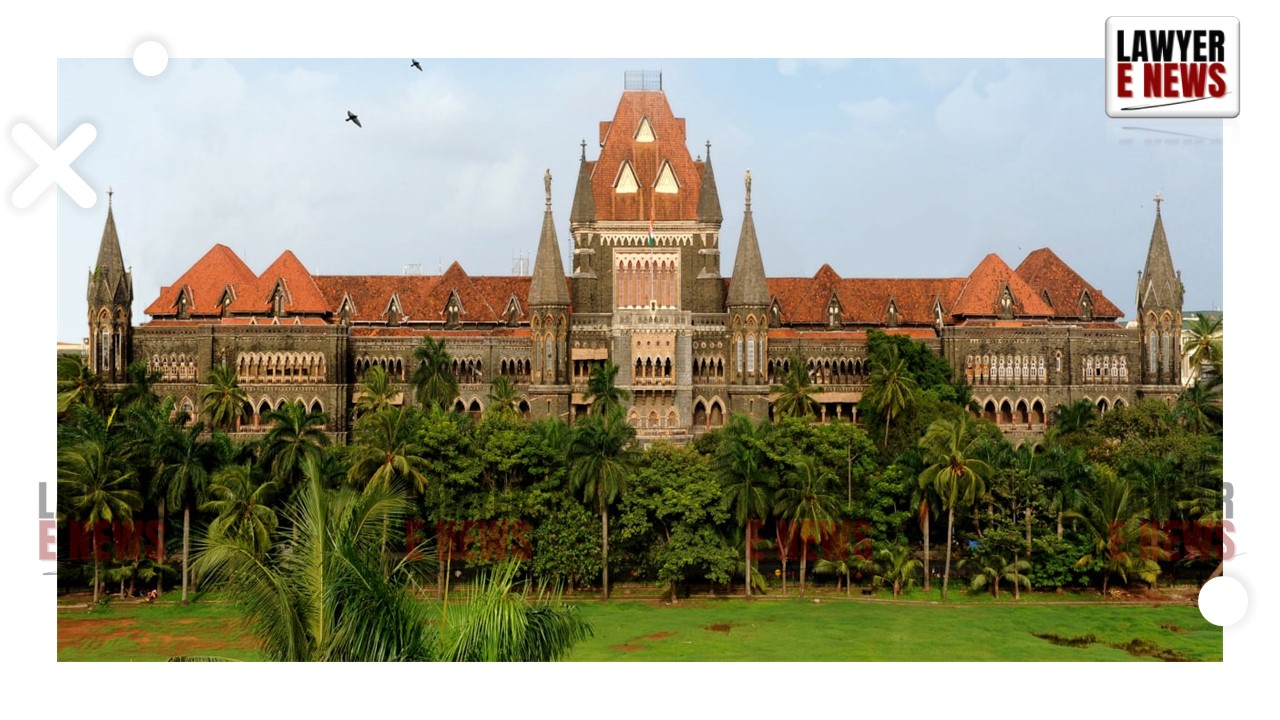-
by Admin
15 February 2026 5:35 AM



Today, Bombay High Court discharging Kisan Soma Sathe (Accused No. 4) in a case related to the 1993 Mumbai communal riots. The Court overturned a Sessions Court order from November 2002 that had rejected Sathe’s discharge application, citing the absence of corroborative evidence and reliance solely on confessional statements by co-accused.
The case originated from a violent attack on January 12, 1993, during widespread communal unrest in Mumbai. Assailants armed with swords, iron rods, and sticks attacked Blue Steel Company in Andheri, killing two watchmen, Soheb Khan and Naushad Khan, and one other individual, Irfan Ansari. An FIR (C.R. No. 26 of 1993) was lodged by the complainant, Firoz Mohammad Sultan, naming 15 unknown individuals, later narrowed to 13 accused. Sathe’s name emerged only through the voluntary confessions of five co-accused during recovery proceedings.
Justice Milind N. Jadhav scrutinized the evidentiary basis of the prosecution’s case against Sathe. The Court highlighted that:
1. Confessions by Co-Accused Are Inadmissible Without Corroboration:
Referring to Sections 26 and 30 of the Indian Evidence Act, Justice Jadhav stated:
“Confessions made by co-accused before police officers, unless corroborated by substantive evidence, lack admissibility. Such statements are inherently weak and cannot sustain a conviction or even a charge.”
2. Absence of Corroborative Evidence:
Despite three decades, the prosecution failed to provide any independent evidence connecting Sathe to the crime. The Court noted:
“The mere mention of the applicant’s name in the confessional statements of co-accused does not establish his involvement. The prosecution has not produced any material to substantiate the allegations or link the applicant to the offense.”
3. Judicial Precedents on Confessional Evidence:
Citing the Supreme Court's rulings in Indra Dalal v. State of Haryana and Kashmira Singh v. State of Madhya Pradesh, the judgment emphasized:
“The testimony of a co-accused can only lend assurance to other independent evidence; it cannot stand alone as the basis for conviction.”
The Court found that the prosecution relied entirely on the recovery panchanama and the confessional statements of five co-accused. These statements, recorded during police proceedings, lacked legal admissibility as they were neither made before a Magistrate nor corroborated by any external evidence.
The judgment also dismissed the prosecution's contention that these were "voluntary statements" rather than "confessional statements." Justice Jadhav clarified:
“A statement admitting participation in a crime and leading to the recovery of weapons is confessional in nature. Such statements must comply with strict evidentiary safeguards to be admissible.”
In concluding, the Court quashed the Sessions Court's 2002 order and discharged Sathe, ruling:
“The prosecution’s failure to produce any independent evidence over decades renders the indictment against the applicant unsustainable. Judicial prudence demands caution against basing charges solely on co-accused testimonies.”
This ruling underscores the judiciary's role in safeguarding against wrongful prosecutions based on uncorroborated allegations. By emphasizing the inadmissibility of confessions without corroborative evidence, the judgment reinforces foundational principles of criminal jurisprudence.
Date of Decision: January 2, 2025
